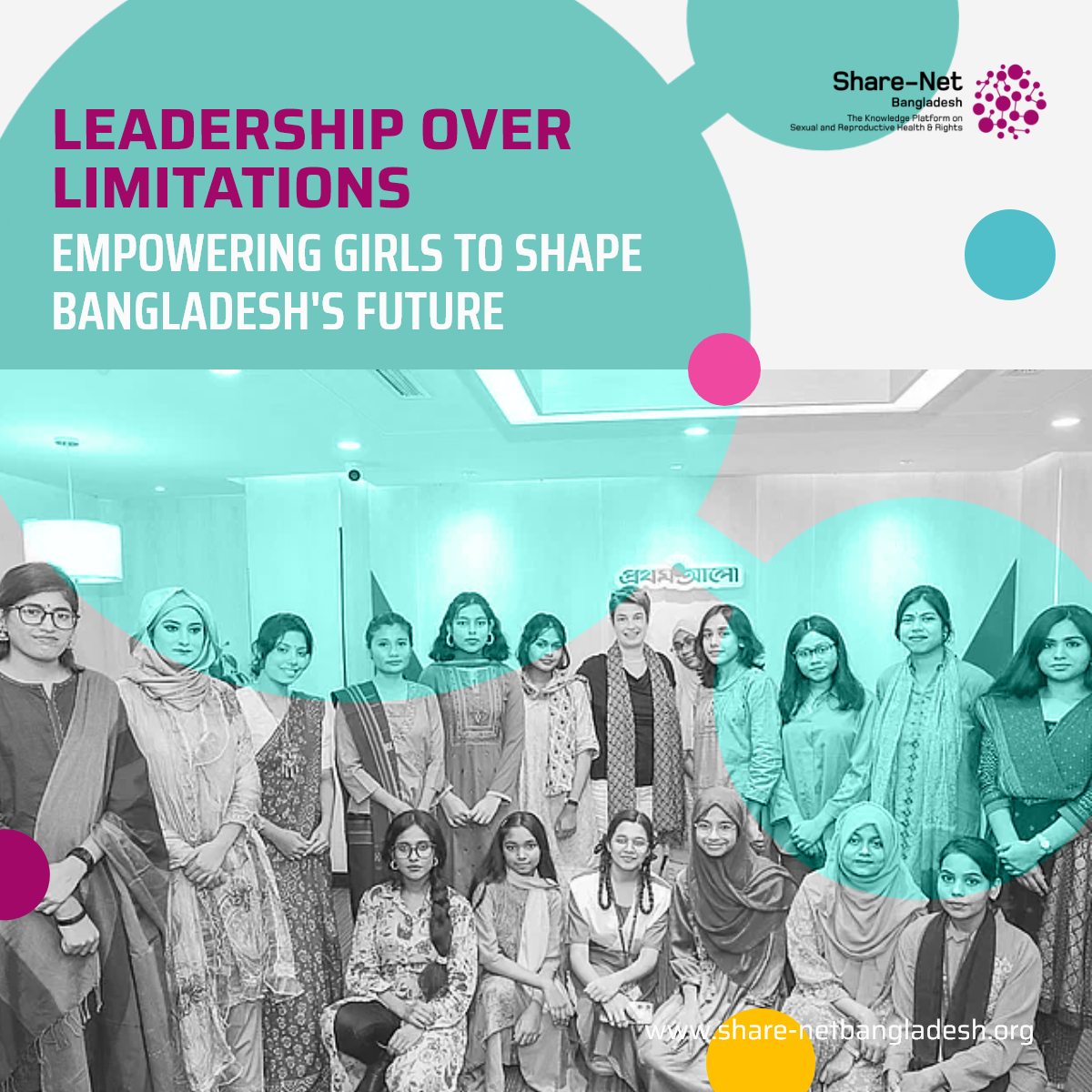Leadership Over Limitations: Empowering Girls to Shape Bangladesh’s Future
On the occasion of the International Day of the Girl, UNICEF Bangladesh, in partnership with Prothom Alo, organised a roundtable titled “Empowerment and Leadership of Girls in Building the Future” on Thursday at the Prothom Alo office in Dhaka. The event brought together girls and young women from schools, colleges, and universities to discuss their challenges, aspirations, and recommendations for a better future.
The event started with a warm welcome and an introduction by Dhaka University student and moderator Labonna Progga. She set the stage by emphasising the importance of empowering girls to shape the future of Bangladesh.
The discussion began with young participants sharing their personal experiences and observations about the societal challenges girls face. School and college students pointed out issues like insecurity, discrimination, child marriage, and the lack of priority given to girls’ education in many families. They stressed that these barriers must be removed for girls to thrive.
University students added to the conversation, noting that patriarchal norms continue to restrict women’s representation in leadership roles. They highlighted how cultural beliefs often prevent girls from realising their full potential.
The participants were not just focused on problems but also proposed solutions. They called for families to become more aware and supportive of girls’ education and empowerment. They suggested mobilising awareness campaigns to eliminate early marriage and discrimination within families.
A recurring theme was the importance of viewing girls as leaders rather than victims. “Women must be empowered in order to eliminate discrimination. Political parties must become more democratic and inclusive,” said Umama Fatema, coordinator of the Students Against Discrimination Movement at Dhaka University.
Emma Brigham, UNICEF’s Acting Representative in Bangladesh, shared key insights on the current state of girls in Bangladesh. She noted that nearly half of all girls in the country are married before the age of 18, often leading to early pregnancies and severe health risks. She pointed out that 42% of girls suffer from anemia, affecting their overall well-being.
While highlighting the progress made by girls in Bangladesh, Emma emphasised that the journey ahead is complex. She urged the young participants to make their demands loud and clear. UNICEF, she assured, would take these demands to policymakers to bring about change.
The roundtable also touched on how media and entertainment can play a role in combating gender discrimination. A university participant cited the Meena cartoon as a great example of raising awareness about gender equality. She suggested creating similar initiatives to reach a broader audience.
The event concluded with a lively exchange of ideas and a collective call to action. The participants reiterated the need for systemic changes in political parties and society to include women in leadership roles.
UNICEF Bangladesh and Prothom Alo expressed their gratitude to the young women for their participation and commitment to driving change. The event served as a powerful reminder that empowering girls is not just about addressing challenges but also about creating leaders who can shape the future of Bangladesh.
As the International Day of the Girl is observed, the voices from this roundtable inspire hope for a future where girls lead with confidence, breaking barriers and building a stronger Bangladesh.
Source: Prothom Alo

